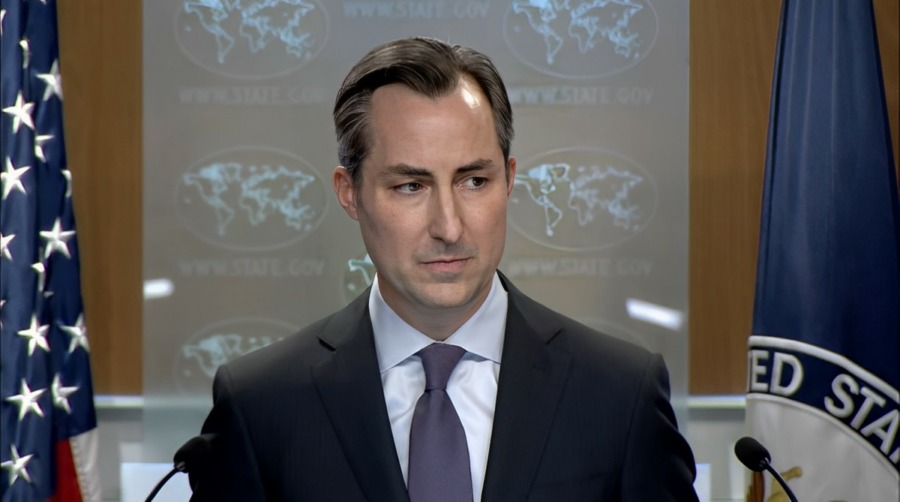The current US spokesperson, Matthew Miller, delivered a statement concerning North Korea and Russia on behalf of the US Secretary of State. Miller’s comments revolved around the warning that any trade involving arms between these two nations would result in increased sanctions and violations of numerous articles under the UN Charter. To fully grasp the significance of this statement, it’s crucial to consider the broader context.
First and foremost, it’s important to note that North Korea ranks as one of the most heavily sanctioned countries globally, closely trailing Russia, particularly in the aftermath of Russia’s invasion of Ukraine. When evaluating the harsh rhetoric in such statements, it becomes evident that limited options are available for further isolating these two nations.
Moreover, the international community needs to recognize the United Nations’ limitations. While the UN serves as a platform for global discourse and resolutions, its power is most pronounced when imposing harsh sanctions, especially on economically vulnerable nations. Any attempt to pass resolutions or sanctions that would significantly impact North Korea, and even more so Russia, is subject to Russian veto power. This critical nuance often remains unmentioned in public addresses, exemplifying the challenge of balancing public rhetoric with diplomatic realities in our democracy.
One cannot overlook the historical and geopolitical intricacies of the relationship between North Korea and Russia. Over the past few years, these nations have strengthened their ties, creating a symbiotic partnership. The West may have a vested interest in preventing arms trade between them, but this doesn’t align with their respective needs. Russia, depleted by the ongoing conflict in Ukraine, requires a steady supply of arms, while North Korea seeks essential resources like food and energy, hindered by prevailing sanctions.
The heart of the matter lies in transparent communication with the American people. It is essential to convey the realities of international diplomacy. While the US government may not endorse the actions of countries like North Korea and Russia, the truth remains that there is limited leverage to halt their interactions. Acknowledging this reality can foster public understanding and trust in government actions.
Miller, concerning North Korea and Russia, highlights the complexities of international diplomacy. Context matters greatly, and it’s imperative to recognize the limitations of both the United Nations and the US government in shaping the actions of sovereign nations. Transparency and honest communication with the public are key to building trust and understanding in our democratic society.









